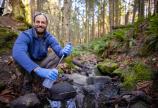UVic welcomes five Canada Research Chairs
Engineering, Medical Sciences, Peter B. Gustavson School of Business, Science
Whether investigating water to improve ecological health or increasing our understanding of how the brain’s immune cells contribute to healthy aging, University of Victoria researchers are recognized today for their research excellence and community impact as Tier 2 Canada Research Chairs (CRCs).
Kristian Dubrawski, Civil Engineering/Geography
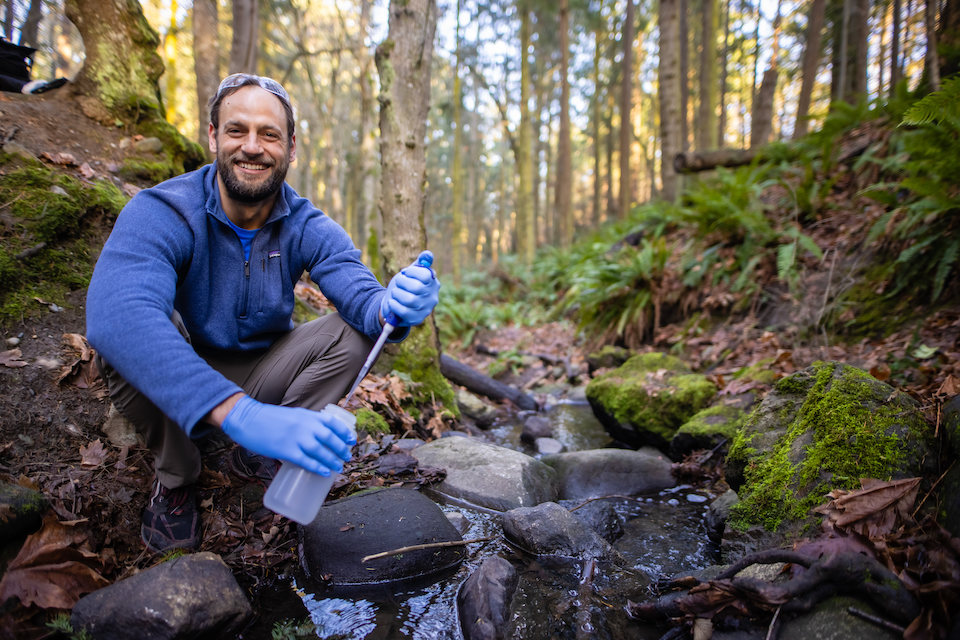
Four billion people face severe water scarcity and up to six million Indigenous and non-urban citizens in Canada face disproportionate exposure to contaminated water, yet up to 90 per cent of wastewater is discharged untreated, causing pollution and disease. These numbers can change, says Dubrawski, who is appointed CRC in Water Sustainability for Indigenous and Rural Communities. His research focuses on the space where water quality and technology intersect with community and ecological health. His group, the UVic Community Water Innovation Lab, will investigate how communities can strengthen links between human and natural water systems. Initially, the group’s work will include developing a community-led decision support system for nature-based solutions for water, as well as develop nature-based technologies for water-reuse.
Aloysius Marcus Kahindi, Gustavson School of Business
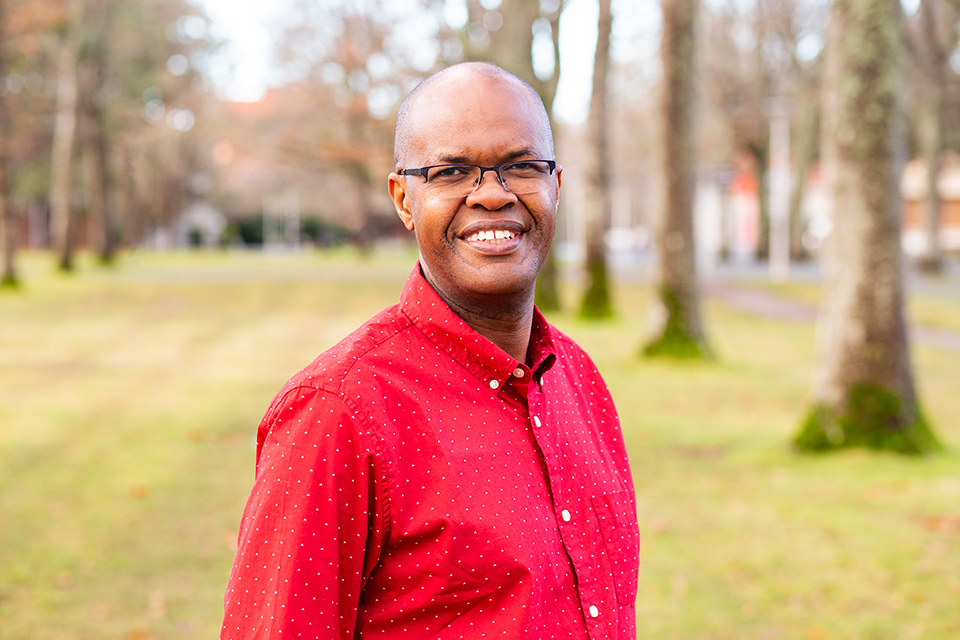
Appointed CRC in International Sustainable Development, Kahindi focuses his research on multinational enterprises (MNEs) operating in developing economies, specifically sub-Saharan Africa. The fast-growing region attracts many international business interests, with complex impacts on host governments and local stakeholders. By exploring how MNEs adapt to formal and informal institutions—both written rules and unwritten norms—Kahindi asks questions such as: Why does governance under informal institutions work? How can businesses succeed or fail in this context? His research aims to further our understanding of developing economies’ evolving institutions, and how they impact multilateral organizations and MNE performance.
Makhsud Saidaminov, Chemistry
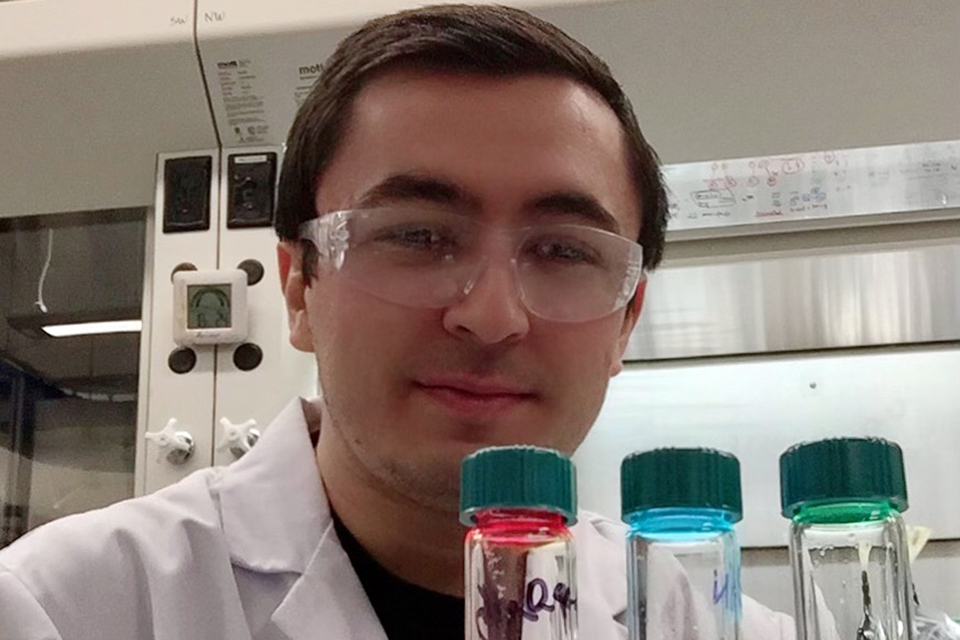
Materials scientist Saidaminov, CRC in Advanced Functional Materials, is uniting chemistry and physics to address urgent global challenges—from the limitations of renewable energy sources to the precision of X-ray imaging. Saidaminov’s research uses novel materials chemistry and engineering techniques, including the development of artificial intelligence to discover new materials for solar energy technologies that do not rely on toxic heavy metals. A central focus of his lab is the development of a third generation of solar energy technologies that are cheaper and safer to produce and more efficient at energy harvesting.
Nicole Templeman, Biology
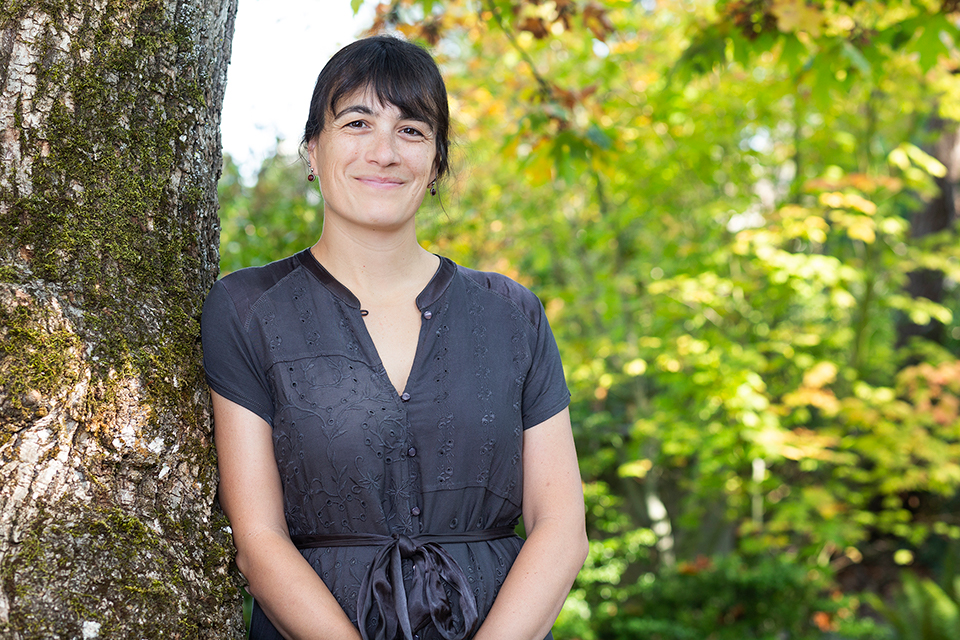
Templeman, appointed CRC in Cell Biology, aims to better understand how to delay and slow the progression of age-related deterioration. Aging is characterized by cellular deterioration that underlies a myriad of changes, including a reduced capacity for reproduction, and increased susceptibility to diseases. However, the rate and severity of this decline is malleable, and is controlled by signaling pathways and molecular mechanisms that are largely consistent across species. The Templeman lab uses techniques based on genetics, physiology and molecular biology to study age-related changes from the molecular and cellular levels to the whole organism.
Marie-Eve Tremblay, Division of Medical Sciences
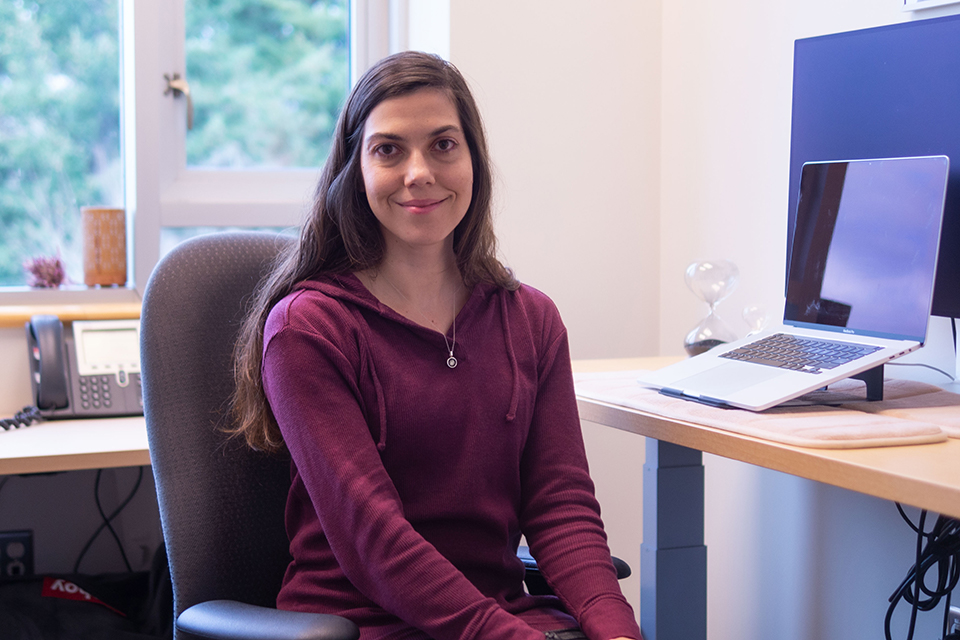
Breakthrough research from Tremblay, Canada Research Chair in Neurobiology of Aging and Cognition, continues to expand our understanding of how the brain’s immune cells—called microglia—play an essential role in the maintenance of lifelong brain health. She and her team are using state-of-the-art technologies to identify unique microglial functions that contribute to learning and memory, stress resilience and overall adaptation to our constantly changing world. This knowledge paves the way to the future development of innovative therapies that will promote healthy cognitive aging.
About the Canada Research Chairs (CRC) program
The CRC program is an initiative of the Social Sciences and Humanities Research Council, the Natural Sciences and Engineering Research Council and the Canadian Institutes of Health Research. Today’s announcement is complemented by new funding of more than $14 million by the Canadian Foundation for Innovation, supporting CRCs with cutting-edge equipment to carry out their important work.
Photos
